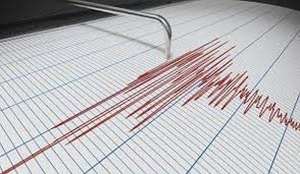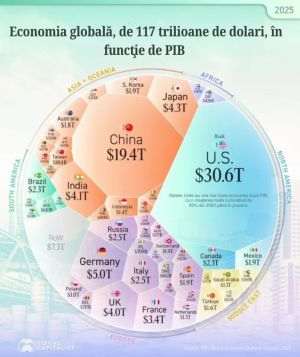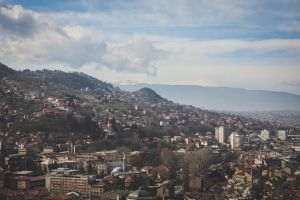• Farmers want bigger subsidies to be able to withstand competition
• During winter, the vegetables production is "a wreck": 90% of the greenhouses are gone
The local fruit and vegetable production only covers 20% of the demand coming from the big distribution networks and markets, while the remaining 80% is imported, stated Ştefan Niculae, the chairman of "Agrostar".
Mr. Niculae claims that there are several reasons why supermarkets and hypermarkets favor imported vegetables over those made by local producers, one of them being the large distribution fees that the local producers have to pay to get access to the great shops.
Thus, the local producers still find it impossible to bear expenses like the shelf fees, opening an outlet, promotion in the catalogues of the great retailers and other similar fees, claims the Chairman of Agrostar.
The situation of Romanian fruit-growers and vegetable farmers is made all the more difficult by the fact that they are at the mercy of the great retailers, which have a stranglehold on the market, as they operate in the central areas of the towns, where people usually shop, to the detriment of the small neighborhood stores.
This situation does not exist in other European countries, because the authorities have only allowed the great retailers to open their stores 15 km outside the cities, Ştefan Niculae further added.
The insufficient subsidies and allocated to the vegetable and fruit growing sector also represent another reason why Romanian farmers find it hard to enter the great retail networks.
Apparently, local producers are forced to sell their products at higher prices, because of the expenses that they have to bear out of their own pockets, while foreign producers, who benefit from substantial funding, can afford to lower their prices.
Another reason that makes retailers import certain vegetables such as tomatoes and sweet peppers is precisely the fact that local production cannot meet demand in winter.
Before, these vegetables were being grown in greenhouses, but the increase in gas prices, put an end to this activity, Ştefan Niculae further stated.
"Around 90% of the Romanian greenhouses have disappeared", the "Agrostar" chairman stressed. Concerning prices, Nicolae has specified that, in winter, local producers, which do not get any support from the state, could not raise prices because the imported products are cheaper.
Only "good looking" fruit and vegetables have access in supermarkets
Supermarkets and hypermarkets count on the look of the fruit and vegetables, in order to more easily attracting customers, according to the "Agrostar" chairman.
Thus, imported vegetables are better looking than Romanian ones because Western producers can afford to buy enough chemical fertilizers to get "good looking" crops.
"Compared to producers from the European Union, working in a partnership allowing them to invest in ensuring storage, labeling and packaging of the products - steps which are essential in getting supermarket access - our producers are also behind in this respect", claims Ştefan Nicolae.
Romanian products are healthier than imported ones
However, Romanian products also have one great advantage over those imported from countries such as Italy, France, Holland, Poland or Ukraine, as they are far closer to meeting the definition of "ecological".
And that is because Romanian farmers can not afford to use all the chemical treatments that foreign producers use, because of the lack of subsidies, whose granting was only promised starting January 1st, 2009, Nicolae added.
Mr. Nicolae explained: "If one keeps a Dutch tomato for a month, they will see that it doesn"t rot. If we make the same experiment with Romanian tomatoes, we will see that they alter faster, which shows that fewer pesticides were used. Along the same train of thought, imported apples, for instance, are usually obtained from cross-breeding, and that is why they look better than regular fruit, but they do not keep their flavor. Thus, bigger and better-looking products are not necessarily healthier or tastier".
"Russians, for instance, have found pesticides above the admitted threshold in Turkish products, and yet these products are still present on the Romanian market", Nicolae further clarified. When contacted by us, researchers from the "Central Laboratory for Controlling Residual Pesticides in Plants and Vegetable Products Băneasa", from the Ministry of Agriculture, have stated that this is only possible because unlike ours, the Russian legislation does not comply with the regulations of the European Union.
Thus, Russia is more restrictive concerning the maximum allowed amount of pesticides in products intended for consumption.




























































